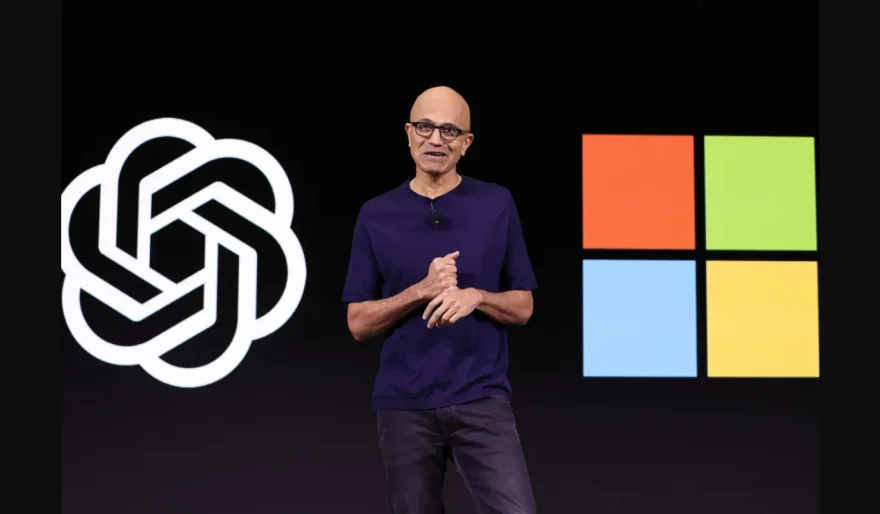Stay Ahead of the Curve
Latest AI news, expert analysis, bold opinions, and key trends — delivered to your inbox.
OpenAI Gains Microsoft’s Approval to Restructure Its For-Profit Arm
3 min read OpenAI just won Microsoft’s blessing to restructure its for-profit arm. Big deal: it cements their $13B partnership and raises fresh questions about who really controls the future of frontier AI. September 12, 2025 14:35
OpenAI just got the greenlight from its biggest backer, Microsoft, to transition its for-profit arm into a new structure. This isn’t just paperwork—it’s a pivotal moment in the ongoing evolution of how the most powerful AI lab on the planet wants to govern itself.
Why does this matter? Because OpenAI has always been stuck between two worlds: the nonprofit “AI for humanity” mission and the for-profit juggernaut required to scale models like GPT-5 and beyond. With Microsoft’s approval, OpenAI is signaling that it’s ready to formalize that balance—giving itself more flexibility to raise capital, structure partnerships, and chase innovation without breaking from its original mission.
For Microsoft, this is also a strategic bet. The company has poured over $13 billion into OpenAI and is deeply embedded in its ecosystem—from Azure hosting to product integrations in Office and Windows. Supporting this transition isn’t just goodwill; it ensures stability and long-term alignment in a partnership that underpins Microsoft’s AI dominance.
The subtle risk here: shifting governance could spark fresh debates about who really steers OpenAI’s direction—the nonprofit board, the investors, or the tech giant that essentially keeps the lights on. If OpenAI manages this balance well, it could become a model for other frontier AI labs navigating the same tension between mission and money. If not, we might see even louder calls for regulatory oversight.
Hot take: This move feels less like OpenAI “breaking free” and more like cementing its place in a delicate power-sharing deal with Microsoft. The question now is—how long can that equilibrium last as AI development gets more expensive and competitive?



















 AI Agents
AI Agents